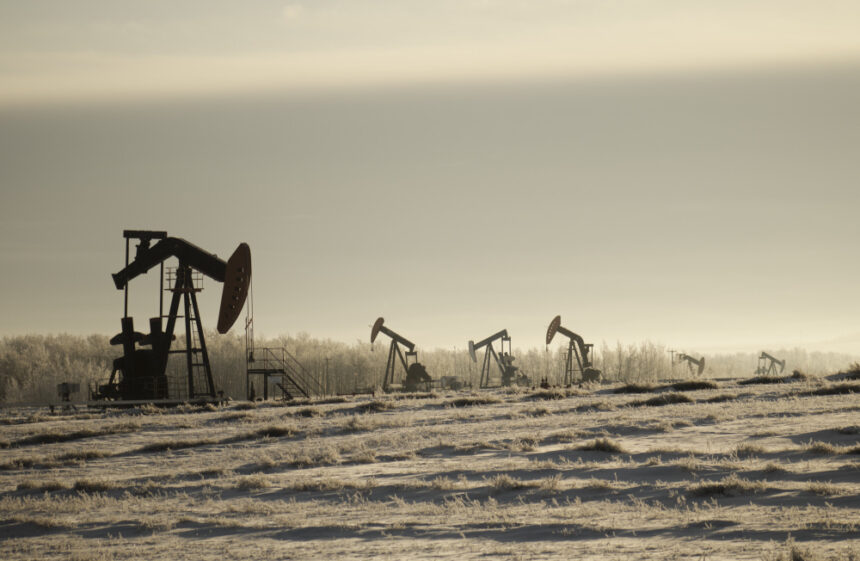As the world moves towards COP29, the next United Nations Climate Change Conference that is set to occur in 2024, the hopes of one of the significant areas of climate change reform, the fossil code, have been dealt a blow.
The published plan of action by the COP29 Presidency of the UAE does not include the mention of an actual fossil fuel phaseout, a major demand of climate activists, scientists, and several countries. That has raised eyebrows among many others who see the deregulation of fossil fuels as a threat to global climate change goals.
Fossil Fuels and Global Climate Commitments
Carbon emissions are the biggest pollutant resulting from using fossil fuels, which include coal, oil, and natural gas for energy. IEA has estimated that the contribution of fossil fuels to carbon emissions was around 75 percent in 2021.
Eliminating these energy sources is also generally considered a critical process of achieving the objectives of the Paris Agreement, which focuses on preventing the global temperature rise to 1.5°C above pre-industrial levels.
Nevertheless, previous events of COP conferences have shown that there are difficulties in reaching an agreement about the reduction of the use of fossil fuels, primarily due to the resistance of some countries and their industries that have connections with oil and gas production revenues.
Some had expected that COP29 held in the UAE, which is one of the world’s largest exporters of crude oil, to present realistic strategies for the elimination of fossil fuels. However, the lack of such plan in the COP29’s working agenda have raised concerns that the conference could turn out to be yet another ASG event with little to show by way of tangible actions.
UAE’s Balancing Act: Economic Interests and Climate Action
The UAE, like other oil-rich nations, has to overcome a paradox. It has however embarked on a process of diversification of its economy and investment in renewable energy; nevertheless, it is among the wealthiest countries whose economy is well inclined towards the exportation of fossil fuels. The UAE’s hosting of COP29 has put itself in a delicate situation.
In the same manner, the COP29 agenda does this balancing act by not addressing phaseout of fossil fuels. The current leadership of the UAE may also be wary to support aggressive reduction of fossil fuel consumption, as this may be detrimental to the country’s finances given the current high demand of oil in the international market.
Growing Calls for Action
Basically, International pressure is increasing to COP29 to take further measures. Concerned organizations, including the environmental ones, and especially developing countries in the Global South, have demanded an unequivocal pledge to eliminate fossil energies.
Most people believe that unless the actual source of greenhouse gases, namely, the burning of fossil fuels, is dealt with, the fight against climate change will lack teeth. The Maldives, Vanuatu and Bangladesh have constantly reiterated that they cannot stand any more more time wastage in climate change mitigation and adaptation measures, more so due to frequent occurrences of sea-level rise and other natural disasters.
Towards this, even the general population or the public opinion is slowly changing and expressing a willingness to act tougher on climate change. Wildfires, floods, and heatwaves that occurred around the world in the periods 2023 and 2024 have brought a rather pessimistic view of the consideration that the shift to renewable energy alone is adequate to reduce the use of fossil fuels.
As for the Barnaby joinee, these events prove that action is needed, and this statement could add more pressure on the COP29 Presidency.
The Road Ahead: Can COP29 Deliver?
It will be interesting to see whether the fossil fuel phaseout will be discussed any time before COP29, let alone during the COP29 meeting proper when it is not articulated in the COP29 agenda.
In its simplest term, the conference offers leaders of the world a stage where they can rise to occasion as it were and make decisions that count. The global climate crisis demands swift and co-ordinated responses and many of those want the battle against fossil fuel dependency to be at the heart of the struggle.
Although the priorities of the UAE for COP29 might be realistic given its economic and political context, the lack of fossil fuel phaseout in the official narratives poses a threat to the effectiveness of the event.
But the elephant is still there—fossil fuels—the single issue that, without resolution, may leave the world no better off in its search for avoiding the more serious effects of climate change when the conference is over. The question now becomes whether COP29 is capable of meeting the challenge and coordinating global activity to the extent that the climate crisis requires.
ASH CK

